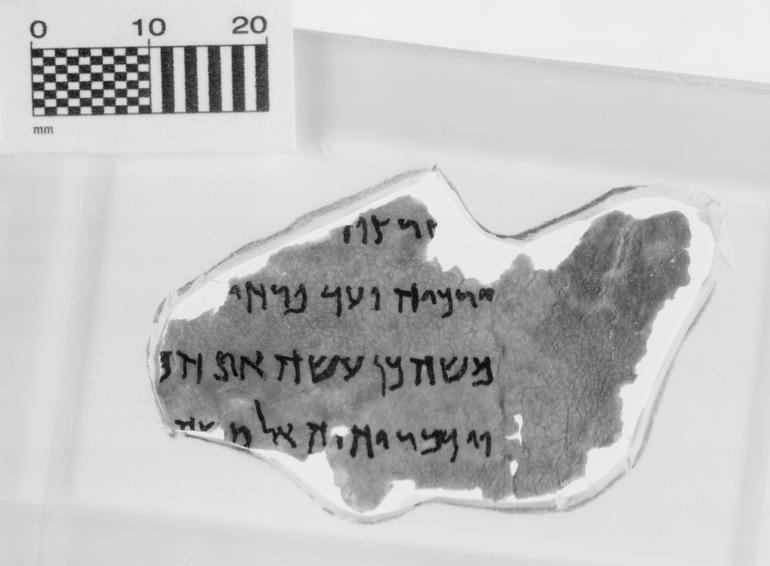The artefacts had been among the most precious items showcased at the Museum of the Bible - a $500 million attraction which opened in Washington D.C. last year.
Jeffrey Kloha, the chief curatorial officer, said: "Though we had hoped the testing would render different results, this is an opportunity to educate the public on the importance of verifying the authenticity of rare biblical artefacts, the elaborate testing process undertaken and our commitment to transparency.
"As an educational institution entrusted with cultural heritage, the museum upholds and adheres to all museum and ethical guidelines on collection care, research and display."
The pieces of ancient paper were sent to experts in Germany for tests after doubts were raised over their authenticity. The Bundesanstalt für Materialforschung und-prüfung (BAM) concluded they were fake.
It is unclear how much the Museum of the Bible paid for the relics. They are among 16 pieces of papyrus belonging to a Dead Sea Scrolls exhibit at the museum. Two others are also being withdrawn from display. Nine shall undergo further tests.
According to The Lying Pen of Scribes website, which investigates alleged manuscript forgeries and counterfeit scripture, 90 per cent of purported Dead Sea Scroll fragments put up for sale in the last 16 years are fake.
The 430,000-square foot Museum of the Bible was opened in the US capital by the wealthy Green family - which includes the Oklahoma-based founder of the Hobby Lobby craft stores, David Green.
Pictures: Two samples of the 16 purported Dead Sea Scrolls fragments at the Museum of the Bible
Stay up to date with the latest news stories from a Christian perspective. Sign up to our daily newsletter and receive more stories like this straight to your inbox every morning.





